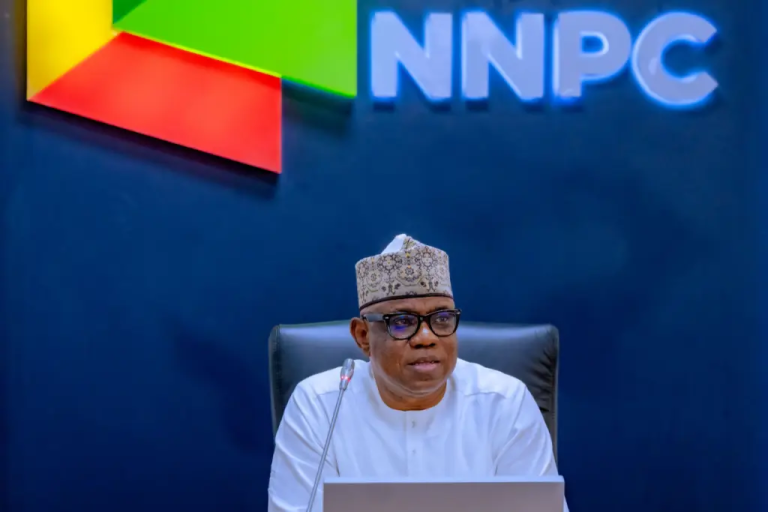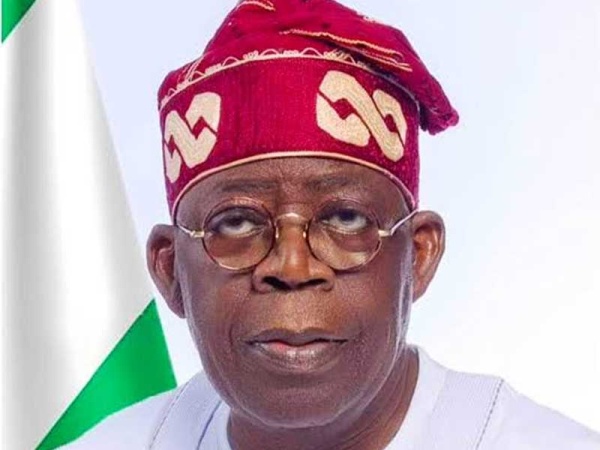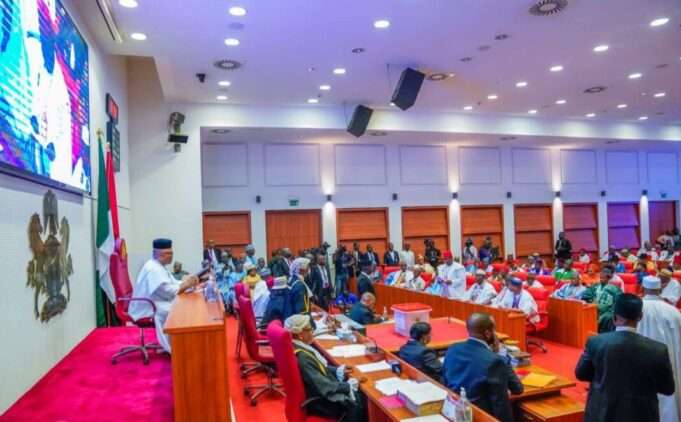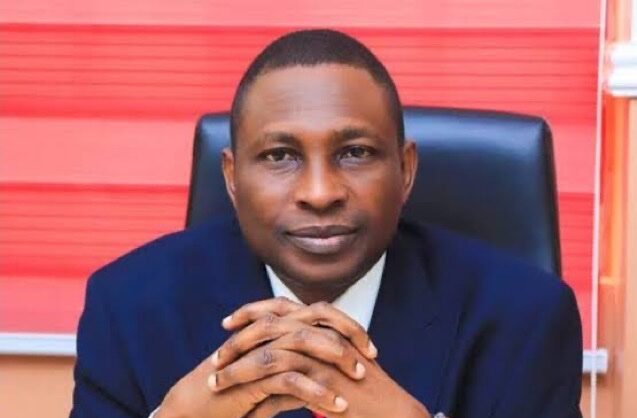
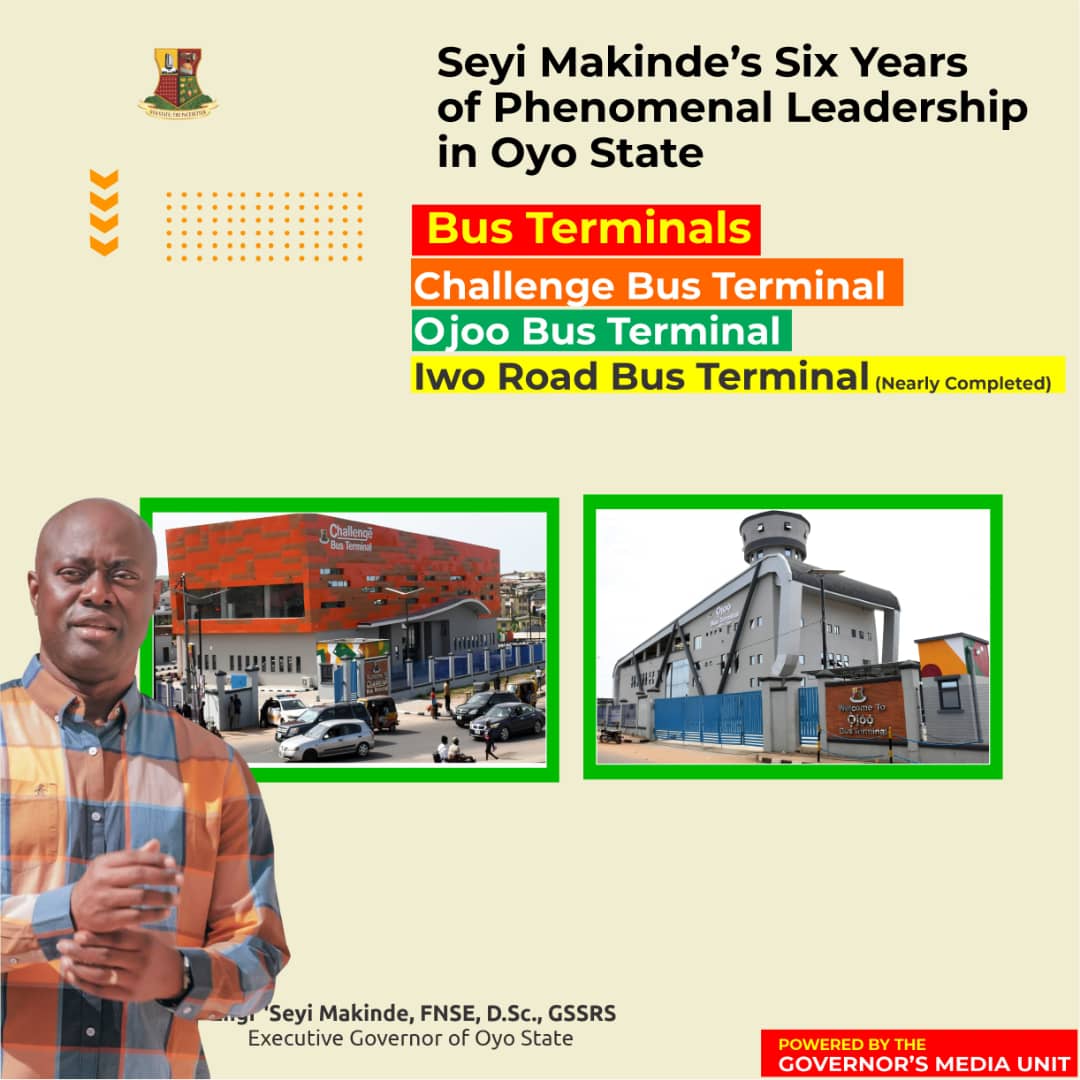
“EFCC’s SHOCKING DISCOVERY: NIGERIA’S NNPC AND OIL SECTOR ROCKED BY ‘MIND-BOGGLING CORRUPTION”

GREATRIBUNETVNEWS–Economic and Financial Crimes Commission (EFCC) has made a startling discovery in Nigeria’s oil and gas industry, uncovering massive fraud that has left the nation stunned.
According to EFCC Chairman Ola Olukoyede, the agency’s investigation into the Nigerian National Petroleum Company (NNPC) and other oil sector entities has revealed “mind-boggling” corruption cases that hint at a much larger problem.
THIS POST IS SPONSORED BY SHELL NIGERIA

The Investigation’s Findings
– Massive Fraud Uncovered: The EFCC launched a commission-wide investigation into the extractive industry, particularly the oil and gas sector, three weeks ago and has already discovered significant corruption within the NNPC and other oil sector entities.
– N210 Trillion Unaccounted For: The investigation has reportedly uncovered that N210 trillion was allegedly unaccounted for between 2017 and 2023, sparking concerns about financial mismanagement and corruption.
– Stolen Assets Abroad: Illicitly acquired assets have been traced to several countries, including an estate in Iceland, highlighting the global scope of the issue.
Call for Legislative Action
– Unexplained Wealth Bill: The EFCC chairman urged the National Assembly to pass the Unexplained Wealth Bill to enable the agency to hold public officials accountable for assets beyond their legitimate earnings.
– Accountability and Transparency: Olukoyede stressed the need for stronger internal compliance systems to proactively checkmate corruption and ensure transparency in government.
Background and Implications
– Arrests and Probe: The EFCC has already arrested several former NNPC officials, including a former Chief Financial Officer and a former Managing Director of the Warri Refinery, over alleged corruption and mismanagement of funds.
– Impact on Nigeria’s Economy: The corruption in the oil sector has significant implications for Nigeria’s economy, contributing to insecurity and undermining the country’s development.
Mr Olukoyede mentioned a scenario involving a civil servant who had accumulated five properties in Maitama and Asokoro, areas which are considered as part of the most expensive neighbourhoods in Abuja.
“Someone has worked in a ministry for 20 years. We calculate their entire salary and allowances. Then we find five properties—two in Maitama, three in Asokoro. Yet we’re told to go and prove a predicate offence before we can act. That is absurd.”
EFCC tracks illicit assets abroad
Mr Olukoyede also announced that the commission is expanding its asset recovery drive to other countries, noting that several assets acquired through illicit means by Nigerians have been traced overseas.
“Last month alone, I visited four or five countries chasing Nigeria’s stolen assets. An ambassador even told me they discovered an estate in Iceland owned by a Nigerian. Iceland of all places!” he exclaimed.
Despite these efforts, he acknowledged the limits of what the EFCC can achieve in recovering stolen funds.
“There is no amount of capacity I can build, no level of effort I can put in, that will enable me to recover even half of what has been stolen from Nigeria, because the custodians of those assets in foreign countries don’t want to let go. Under international law, the custodian of stolen assets is just as guilty as the original thief,” he said.
Culture of impunity and poor oversight
The EFCC boss condemned the culture of impunity in the country, noting that individuals under investigation for financial crimes are often celebrated in public spaces.
“We see people who have stolen our money. We have shown you evidence. We’ve traced where the money went. We are already in court. Yet, they’re being celebrated all over the place. Does that show we’re serious?” he asked.
He also questioned the National Assembly’s ability to effectively oversee more than 700 federal Ministries, Departments, and Agencies (MDAs), many of which operate without adequate internal controls.
“How many books can you check? How many files will you read? We need to build strong internal compliance systems that can proactively checkmate corruption.
“That money could have built hospitals, schools, and supported millions of Nigerian students from primary to tertiary level,” he said. “Nigeria has no business borrowing to survive, given the natural and mineral wealth it possesses.”
He urged political leaders to put aside ethnic and party divisions and unite against the scourge of corruption.
“If we execute even 60 per cent of our capital budget efficiently between 2025 and 2026, we will empower small and medium-scale industries. We’ll build infrastructure. We’ll be fine,” he said.
“What we need is transparency in revenue generation and accountability in public expenditure
SOURCE ==PREMIUM TIMES==EXCEPT THE HEADLINE AND INTRO

